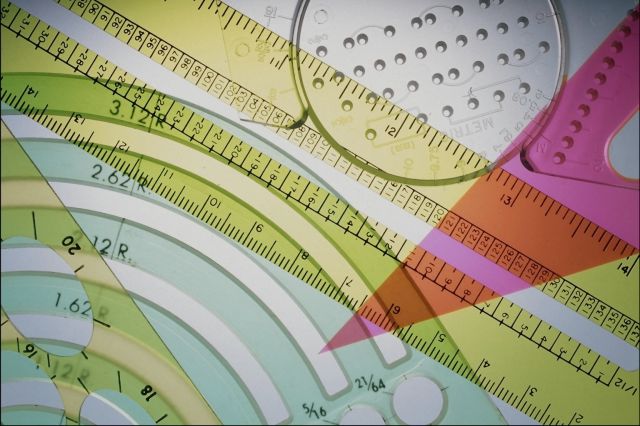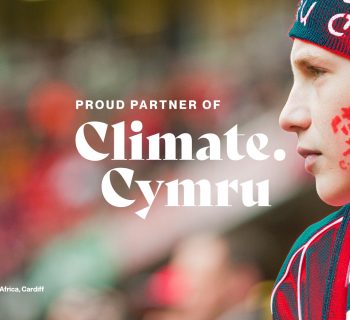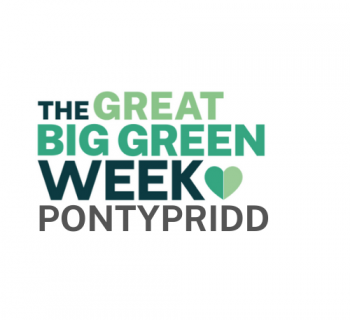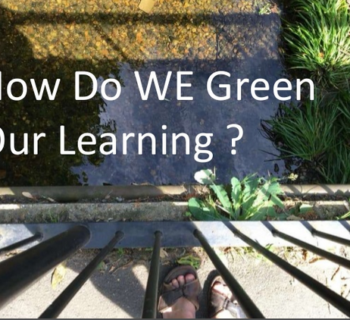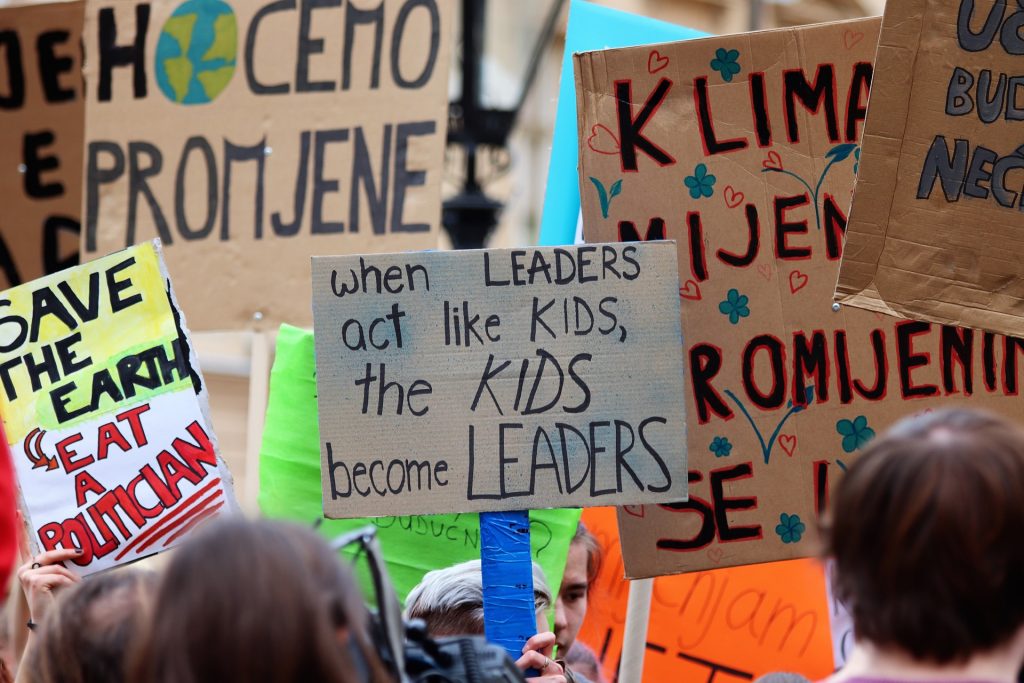 Tomorrow is the kick off day for our new project on the Circular Economy for Youth (CEYOU). Below is a short description of the project. As always we welcome participation from non project partners: just email me or leave a message if you would like to know more.
Tomorrow is the kick off day for our new project on the Circular Economy for Youth (CEYOU). Below is a short description of the project. As always we welcome participation from non project partners: just email me or leave a message if you would like to know more.
In 2019, young people and students from Europe and all over the world have taken to the streets to demand action to halt environmental and climate change. On a day of action in March organizers said there were more than 2,000 protests in 125 countries. The student movement was inspired by 16-year-old Greta Thunberg, now nominated for a Nobel Prize, who kicked off a global movement after she sat outside Swedish parliament every Friday beginning last August. Young people have included the need for the environment to be included in the school curriculum.
The development of the circular economy is seen as central to reducing damage to the environment and developing positive chance. In 2015 the European Commission adopted an action plan to help accelerate Europe's transition towards a circular economy, boost global competitiveness, promote sustainable economic growth and generate new jobs.
The action plan sets out 54 measures to "close the loop" of product lifecycles: from production and consumption to waste management and the market for secondary raw materials. It also identifies five priority sectors to speed up the transition along their value chain (plastics, food waste, critical raw materials, construction and demolition, biomass and bio-based materials). It puts a strong emphasis on building a strong foundation on which investments and innovation can thrive. DG Environment has also published a recent report showing the impact of circular economy policies will lead to a reduction of the negative impacts on the environment while increasing the employment levels at the same time. In particular, more than 700000 jobs are expected to be created in comparison to Cedefop baseline scenarios. These will be stemming from the additional demand for recycling plants, repair services and savings from collaborative actions.
A seminar at the European Parliament in 2019 organised by ACR + through the Erasmus Plus CYCLE project and focused on adult education brought together experts on the circular economy and educational leaders. One of the key conclusions was the need for dialogue and exchange between these two communities of professionals.
This context and background frames the objectives of the Circular Economy for Youth project:
- To develop guidelines for the establishment of permanent forums for dialogue between youth organisations and local authorities to promote circular economy practices.
- To develop and implement training programmes and activities for young people in the field of the circular economy/
- To promote a dialogue through bringing together organisations in the field of the Circular economy and youth organisations on a European, national and regional basis and to promote an exchange of information and best practice. To develop initiatives and projects (including the promotion of entrepreneurial enterprises) for young people in the field of the circular economy and to produce a interactive map of projects and activities in this field.
- To develop and exchange Open Educational Resources (OERs) for young people to support the occupational profile of a circular economy facilitator and to certufy it through Open Badges.
- To develop a mobile application to guide young people in setting up initiatives around the Circular Economy.
Central to the project design is the bringing together of youth organisation and networks, together with Circular Economy associations at European, regional and municipal levels including local governments. The aim is not only to exchange initiatives and best practice but to establish a permanent forum for dialogue including around policy and practice. Such goals will develop the capacities of all participant organisations and build the foundation for longer term collaboration in this area.
The training programmes (including both formal and informal learning) and OERs to support the development of Circular economy facilitators are further intended to develop capacity in both youth organisations and in local governments.
The CEYOU project will involve representatives of: youth associations, students associations, NGOs and civil society organizations, Local Authorities and youth councils, social entrepreneurs.
The needs have been identified separately by Circular Economy organisations wishing to turn towards youth for support and by young people themselves wishing for more education around environmental concerns. The challenge of environmental and climate change has been recognised as an issue for Europe as a whole; the development of transnational responses, actions, cooperation and exchange of best practices is a strength for Europe in responding to such a pressing challenge. In this respect, it is important that the participating organisations are all active at a European level and have extensive networks. These networks will not only be used for dissemination, but network members will be invited to become active participants as Associate Partners.


